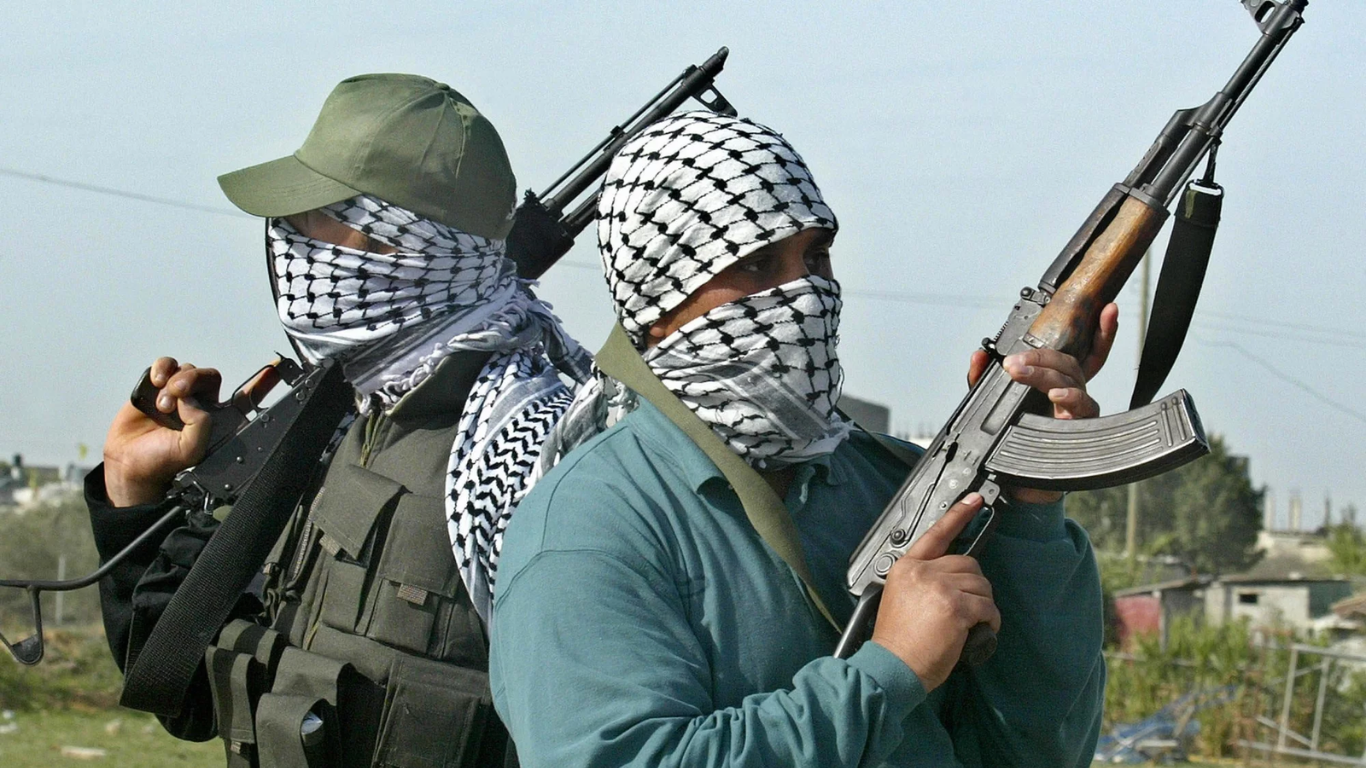FOOD

BANDIT LEVIES, RISING COSTS DEEPEN NIGERIA'S FOOD INSECURITY CRISIS IN 2024
Food insecurity continues to plague Nigeria, as millions of citizens struggle to access sufficient, safe, and nutritious food. Defined by the Food and Agriculture Organisation (FAO) as the lack of adequate physical and economic access to dietary needs, the situation has worsened due to insecurity and economic challenges.
A 2024 report by the Foundation for Investigative Journalism (FIJ) revealed that farmers in conflict-affected areas of northern states, such as Kaduna and Zamfara, have faced relentless terror from bandits. These criminal groups impose exorbitant levies on farmers before granting them access to farmlands or allowing them to harvest crops. Those who resist face dire consequences, including abduction, murder, or outright confiscation of their produce.
The levies have not only crippled farming activities but also contributed to soaring food prices, further exacerbating hunger for millions of Nigerians. With reduced agricultural output and inflated costs, more households are unable to afford basic food items, worsening the food insecurity crisis.
A report by PwC highlights the inadequacies of existing measures aimed at supporting vulnerable Nigerians, including the federal government’s conditional cash transfer programme and the recently implemented minimum wage.
“Existing social safety net programmes, such as the conditional cash transfer, are often inadequate and may not reach the most vulnerable populations, leaving many without necessary support,” PwC stated.
While cash transfer beneficiaries are verified using their National Identification Number (NIN) or Bank Verification Number (BVN), the limited coverage of NIN and BVN among the poorest populations has slowed the rollout of these initiatives.
On the impact of the minimum wage, the report noted that only 4.1% of working Nigerians benefit from the wage increase, significantly limiting its ability to address widespread poverty.
The report underscores the urgent need for comprehensive poverty alleviation programmes and intensified efforts to address insecurity in Nigeria’s central and northern regions. Without targeted solutions, the projected poverty and food insecurity rates in 2025 could reach unprecedented levels, further deepening the crisis.
The government faces mounting pressure to implement effective interventions and resolve security challenges to prevent millions more Nigerians from slipping into hunger and poverty.
"This represents a significant development in our ongoing coverage of current events."— Editorial Board









